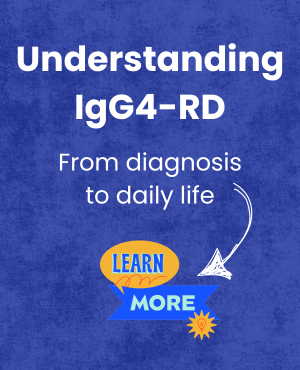Research reveals key differences in IgG4-RD lung damage: Study
Imaging scans of people with IgG4-related disease (IgG4-RD) affecting the lungs revealed two primary types of lung damage, which corresponded to different disease features, a study reports. One damage pattern, called round ground-glass opacity (GGO), suggested more extensive injury than the other, and was more frequently associated with male…

